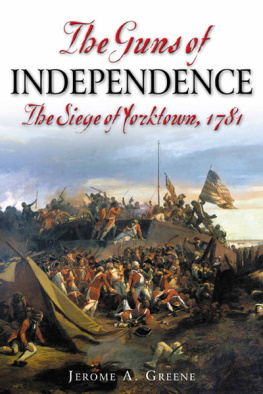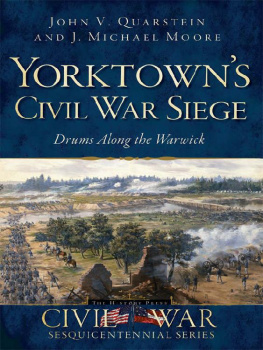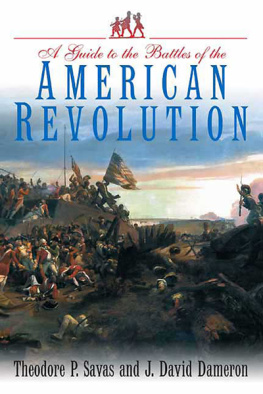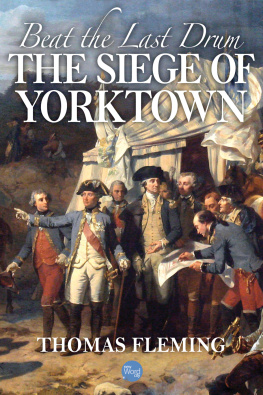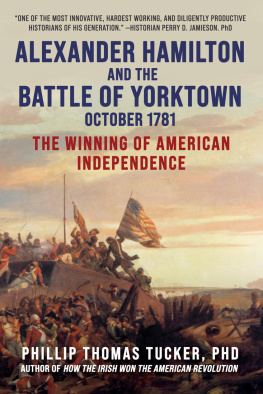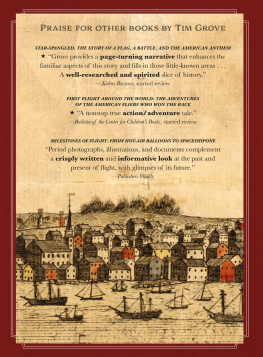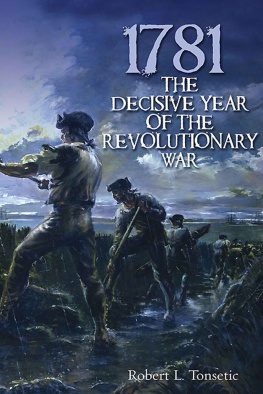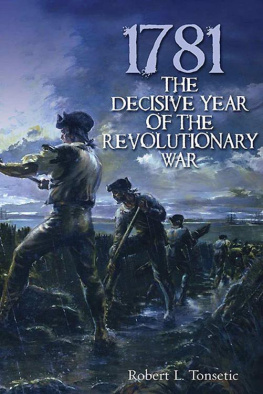
Also by Jerome A. Greene
Yellowstone Command: Colonel Nelson A. Miles
and the Great Sioux War, 1876-1877 (Lincoln, 1991)
Battles and Skirmishes of the Great Sioux War,
1876-1877: The Military View (Norman, 1993)
Nez Perce Summer, 1877: The U.S. Army and
the Nee-Me-Poo Crisis (Helena, 2000)
Morning Star Dawn: The Powder River Expedition
and the Northern Cheyennes, 1876 (Norman, 2003)
Washita: The U.S. Army and the
Southern Cheyennes, 1867-1869 (Norman, 2004)
Finding Sand Creek: History, Archeology,
and the 1864 Massacre Site (Norman, 2004)

2005 Savas Beatie LLC
Maps 2005 by Theodore P. Savas
All rights reserved. No part of this publication may be reproduced, stored in a retrieval system, or transmitted in any form or by any means, electronic, mechanical, photocopying, or otherwise, without the prior written permission of the publisher.
Cataloging-in-Publication Data is available from the Library of Congress.
Published in the United Sates by Savas Beatie in 2005
First edition, first printing
ISBN 1-932714-05-7

Savas Beatie LLC
521 Fifth Avenue, Suite 3400
New York, NY 10175
Phone: 610-853-9131
sales@savasbeatie.com
www.savasbeatie.com
British Library Cataloguing in Publication Data:
A catalogue record for this book is available from the British Library
Also published in the UK in 2005
ISBN 1-86227-312-X
eISBN 9781611210057
 | Spellmount Limited
The Village Centre
Staplehurst
Kent TN12 0BJ |
Tel: 01580 893730
Fax: 01580 893731
E-mail: enquiries@spellmount.com
Website: www.spellmount.com
Printed in the United States of America.
To the memory of Thor Borressen
Foreword
On October 19, 1781, he had handed over his sword and the garrison at Yorktown to General Benjamin Lincoln. The following day, a despondent General Charles OHara informed Augustus Henry Fitzroy, third Duke of Grafton and holder of the Lord Privy Seal in the administration of Lord North, of the surrender of Lord Cornwallis and his army:
The Public account will inform you of the surrender of the Posts of York and Gloucester; with their Garrisons, to the combined Forces of France and America. Our Ministers will I hope be now persuaded that America is irretrievably lost, an event I have repeatedly told your Grace would certainly happen. The French talk of attacking Charles Town, altho they must be too well acquainted with this Country to conceive any further Conquests necessaryAmerica is theirs .
Not only was America now French, for that is what OHaras theirs implies, but British fortunes appeared bleak all over the Western hemisphere:
I think it very likely that Messr. Rochambeau, with the French Garrison of Rhode Island that were employd in the reduction of this Place, will sail with Messr. DGrass to the West Indies, and take our few remaining Windward and Leeward West India Island Possessions; Or possibly to assist Spain in the Reduction of Jamaica.
For Charles OHara, the illegitimate son of James OHara, second Lord Tyrawley, the end of British power in the New World was close at hand. With the army dispersed with very few Officers all over the Continent, and the Royal Navy about to sink into the most contemptible State, the remaining British possessions were about to fall into French and Spanish hands like dominoes. The conquests of 75 years of successful warfare around the globe would soon be lost. Gone would be the spoils of Queen Annes War (also known as the War of the Spanish Succession) brought about by the Peace of Utrecht of 1715; the gains of the War of the Austrian Succession (known as King Georges War in the colonies) that the Peace of Aachen had confirmed in 1748; and the vast territorial acquisitions of the triumphal Seven Years War (the French and Indian War) concluded by the Peace of Paris in 1763.
General George Washington would have been surprised at the lament in OHaras missive. As far as Washington was concerned, Cornwalliss surrender was merely an interesting event that may be productive of much good if properly improved. Few, if any, of the American and French soldiers present at Yorktown, from the Commander in Chief to the lowliest private, considered the war to be won outright with the surrender of Cornwallis. The troops taken prisoner at Yorktown constituted only about one-quarter of the British land forces operating on the American mainland. Perhaps more important to the Allied cause was the impending departure of the fleets of de Grasse and Barras. Their absence would erase the temporary naval superiority that had made the victory at Yorktown possible. Before the Royal Navy could again control North American waters, Washington hoped to make the Yorktown victory productive with an attack on Charleston or Savannah, or even New York, the biggest prize of them all. Although he urged Admiral de Grasse and the comte de Rochambeau to adopt his plan, de Grassewho had already stayed longer in American waters than he had originally plannedwould have none of it. In early November 1781, the French fleet sailed out of Chesapeake Bay, never to return.
Despite OHaras dire predictions, all was not lost. The ministry of Lord North in London realized the colonies were beyond retrieving and would be independent. On the North American mainland, the tides of war could not be changed. But North and his royal master King George III were determined to stem the tide of war in the West Indies, at Gibraltar, in Africa, in India, and wherever else the will of Parliament was still law. Despite the devastating loss at Yorktown, Britain still had the means with which to wage a powerful global defense: her navy. Within this global context, the naval Battle of the Capes of September 5, 1781which had sealed Cornwalliss fateturned out to be a blessing in disguise. If Admiral Graves had been able to slip or fight his way into the Chesapeake Bay with his 19 ships of the line, he would also have been caught in the trap that had netted Cornwallis. Once Admiral de Barras had joined his forces to those of de Grasse, the French fleet numbered more than 30 ships of the linealmost twice the force under Graves command. But the British Navy emerged from the siege of Yorktown intact, allowing Admiral Sir George Bridges Rodney to score a decisive victory over de Grasse in the Battle of the Saintes on April 12, 1782.
What had begun as a rebelliona family quarrel of sortsat Lexington and Concord in 1775 had become a world war with the involvement of France, first clandestinely in 1776, and then openly with the signing of the treaties of Amity and Friendship and of Military Alliance in February 1778. At Yorktown in 1781, Frances crucial aid had solved the family quarrel. The United States was anxious to make peace. France, as OHara and the British ministry rightly feared, was not quite ready to come to terms with Britain. For Louis XVI and the comte de Vergennes, his Foreign Minister, the war on the American mainland was never more than a secondary theater of operations. As far as Versailles was concerned, the war was not being fought over Britains American colonies or for large territorial gains in the New World. The goal of the war France was waging across the globe with Britain was not the dismemberment of the British Empire, as OHara feared, or even the humiliation of a fellow monarch in London. Rather, it was to redress the balance of power in Europe and around the world that had been so rudely upset by Britain in 1763.

